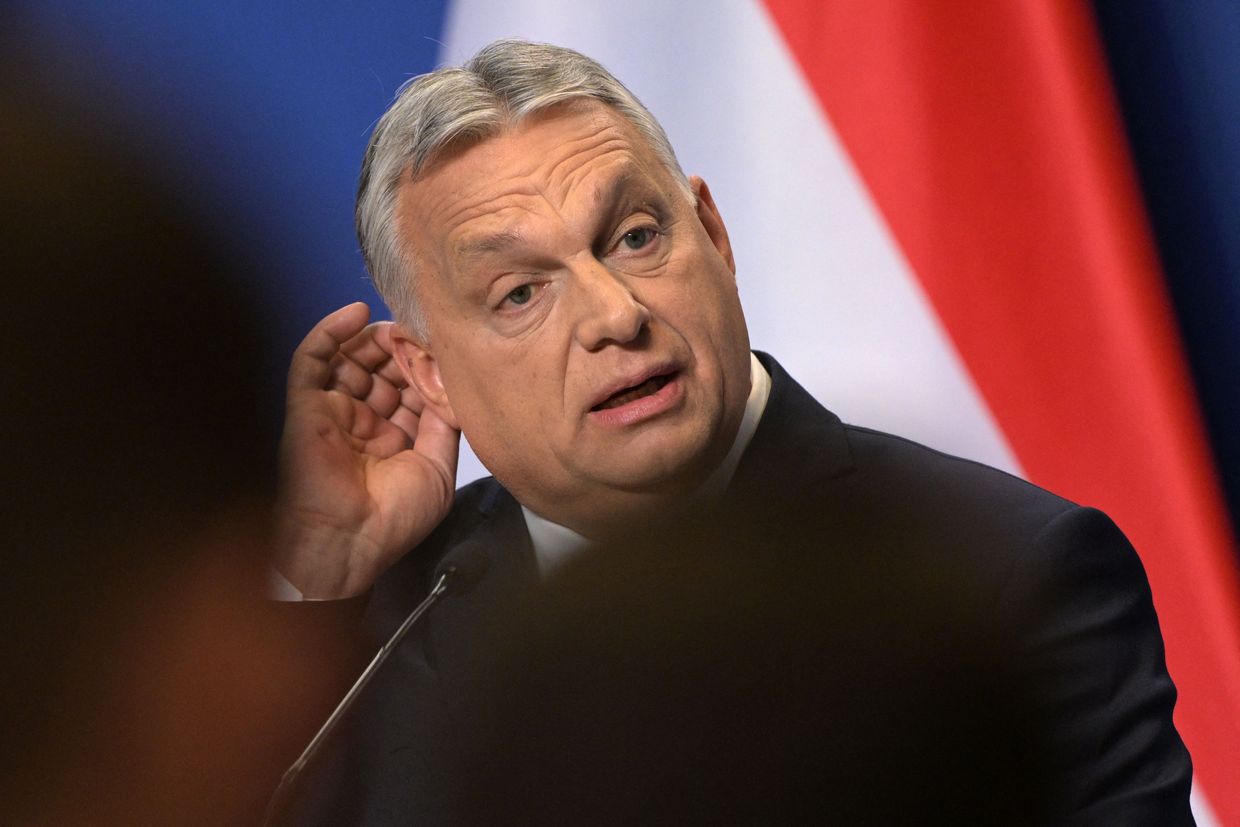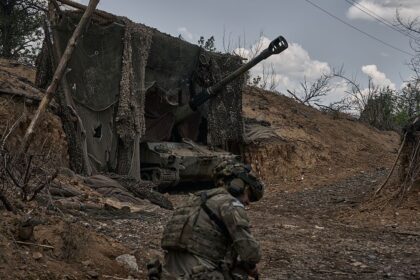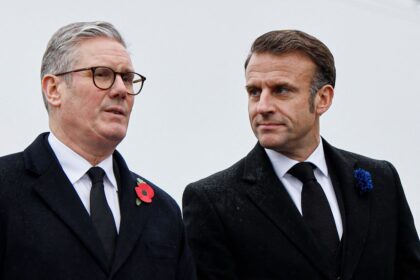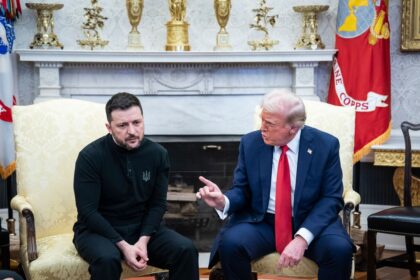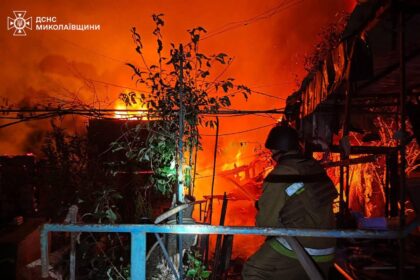**Hungary’s PM Questions Russia’s Ability to Attack NATO**
In a recent interview with French TV channel LCI, Hungarian Prime Minister Viktor Orban has raised questions about Russia’s military capabilities. Orban stated that Russia is “too weak” to attack NATO countries, as it has struggled to defeat Ukraine in its ongoing war.
Russia has been fighting against Ukraine for over three years now, but despite intense efforts, Moscow has failed to achieve a decisive victory or even the complete occupation of Donetsk and Luhansk oblasts. Despite this, Russian troops have recently intensified their offensive, moving deeper into Sumy Oblast and closing in on Dnipropetrovsk Oblast.
Orban’s comments come as Hungary becomes increasingly pro-Russian under his leadership. In fact, Budapest has been blocking the opening of EU accession negotiation clusters with Ukraine and has even launched a non-binding national poll to gauge public opinion on Ukraine’s bid to join the European Union. The poll has been criticized for its low turnout and manipulative questions.
**Orban’s View: A Strategic Agreement with Russia**
In his interview, Orban emphasized that it is not in the EU’s interests to have a direct conflict with Russia or a threat of war. He advocated for a strategic agreement between Europe and Russia, which he believes would strengthen both parties. However, this view has been met with skepticism by many experts who argue that such an agreement would come at a great cost to Ukraine and its people.
**Sanctions Against Russia: A Blow to Hungary**
Orban also expressed his opposition to sanctions against Russia, stating that they are “destroying” Hungary and the entire Europe. This stance is particularly concerning given Hungary’s growing ties with Moscow.
**A Divided EU on Russia-Ukraine Tensions**
The Hungarian PM’s comments have highlighted the deep divisions within the European Union regarding its stance on Russia and Ukraine. While some countries, such as Poland and Lithuania, have taken a firm stand against Russian aggression, others like Hungary appear more willing to engage with Moscow.
As tensions between Russia and NATO continue to escalate, Orban’s views on Russia’s military capabilities will likely be closely watched by observers and policymakers alike. However, the question remains: can we really trust Hungary’s PM to put Europe’s interests above those of his Russian allies?
Read More @ kyivindependent.com




